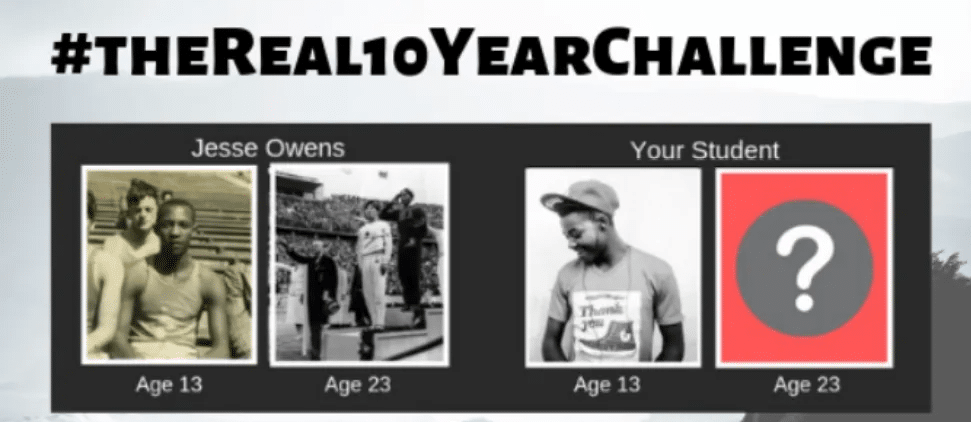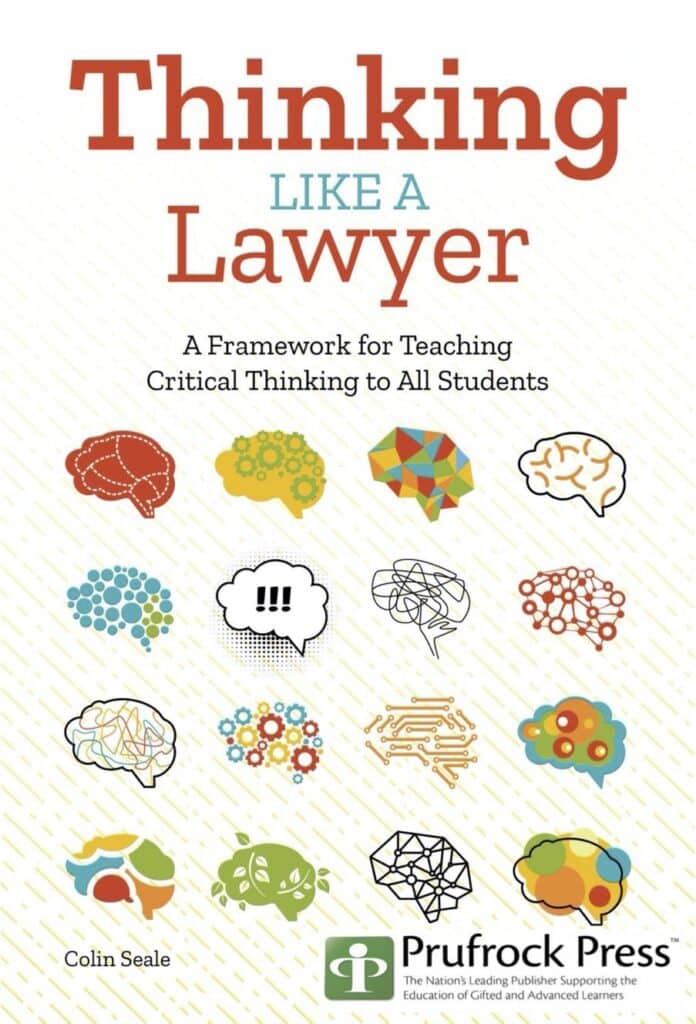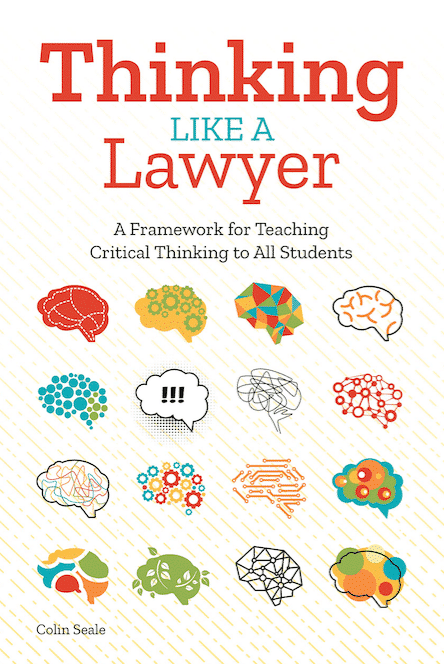Black History Month happens every February. It always starts with a passionate chorus of folks who question whether this month is sufficient. Commentators often argue, convincingly, that celebrating the accomplishments, contributions, and histories of African Americans should not be limited to one month of the year. They are not wrong. There are lots of reasons to honor #BlackHistory365 (or 366 this year). But almost 94 years after scholar-activist Carter G. Woodson founded Negro History Week, which later became Black History Month, there are at least five reasons this month still matters.
1. Black History Month introduces people to histories and stories they do not know.
For far too many people, the story of Black History goes something like “they were slaves, Martin Luther King came and gave them civil rights, and then Obama happened.” Maybe this is an exaggeration, but in a country with a scandalous ignorance of history, a month of focusing on Black history is a special opportunity. In my sixth grade math class, my first Black teacher Ms. Williams gave us a game-changing assignment: write a report on a famous Black mathematician every week. I thought she was out of her mind. There are no Black mathematicians! Who assigns something like this in a pre-Google era? But it was amazing for us to learn the history, past and present, of Black brilliance beyond Benjamin Banneker and George Washington Carver. Giving students the opportunity to open their eyes to the incredible contributions of Blacks in STEM fields is just one example of why highlighting these histories matter.
thinkLaw’s curriculum based on real-life legal cases and engaging takes on shady fairy tale characters is leading a critical thinking revolution. Click here to join us.
2. Black History is more complex than most people think.
Black History is so much more than Martin Luther King, Jr. and Rosa Parks. As the bold and exciting 1619 Project demonstrates, it it impossible to tell the story of the United States of America without telling the story of Black people in the United States of America. One of the most persistent myths about African American history in particular is that because of slavery and Jim Crow, Black people don’t really have real history. When I made the best academic decision of my life by adding an African American Studies minor to my computer science degree at Syracuse University (a pretty wild, but powerful combination), I had the privilege of learning Black history from ancient times to modern under the amazing historian Winston Grady-Willis. Using the phrase “enslaved Africans” as the descriptor of people I formally referred to as “slaves” helped me understand that my ancestors did not leave Africa behind when they were forced on slave ships.
As a hip hop head and a classically trained pianist, when we had to do our projects on a choice topic prior to the Civil War, I chose Black music. Specifically, I researched the music of enslaved Africans. Using the primary sources of actual written music, recordings, and sheet music of popular songs opened my eyes. It turned out that this idea that all enslaved Africans did was sing songs that were either depressing Negro spirituals or secret codes for the Underground Railroad (or both) was simply not true. These songs set the stage for Public Enemy and socially conscious rappers with their coded songs ridiculing their slavemasters, (think “Shoo Fly, Don’t Bother Me”). Interestingly enough, white slavemasters were not only oblivious to this, but used the idea of the “happy, singing Negro” to convince themselves that enslaved Africans were content with their condition despite their musical resistance. The incredible staying power of the inherently African tradition of call and response from the cotton fields to the Black church to the nightclub bumping Black music is just another example of why a month of appreciating the complexity of Black History still matters.
3. Black History is joyful and deserves a celebration.
There is no doubt about why the Black National Anthem Lift Every Voice and Sing includes lyrics about our “dark past,” the “days when hope unborn had died” and the “blood of the slaughtered.” From the Tulsa Race Massacre to the thousands of lynchings and countless acts of racial terrorism committed against Blacks in the past hundreds of years, it easy to spend this month dwelling in the pain and suffering of Black people. But there is also so much to be joyful about and celebrate. I get goosebumps when I read about the lengths enslaved Africans went to in order to become literate by learning in secret, underground schools. I am in awe of the courage and conviction of Black soldiers who fought courageously in WWII under unfair conditions for freedoms abroad they did not have access to at home. Or even the stories of Black love during slavery that I learned about in college, where after a long and hard day in the fields, men would walk 10+ dangerous miles to plantations their love were moved to because of the slave trade just to spend some quality time and make the long, dangerous trek back in the same night. Google’s recent most-searched video montage showing how popular Black contributions are to culture and society exemplifies why the academic, creative, cultural, and athletic achievements of Black people are the ultimate “because, not despite” stories in history. Celebrate Black History Month by literally celebrating it.
4. Black History is a proud tradition.
It matters that Black History Month is a tradition. It matters that a search for “Black History Month” gives over 4 billion results. Reading the origins of Negro History Week and the audacity of Carter G. Woodson and others to recognize the contributions of Black people in the United States barely a generation removed from slavery, how can we not be excited about continuing this proud tradition?
5. Black History isn’t just yesterday, it is today.

Black women entrepreneurs are growing at a rate faster than any other demographic group. When we think about Black History, we cannot simply look at the past. When we stop and look around, we will notice all the ways history is still being made today. From the first Black woman chef to be awarded a Michelin star to Drake becoming Spotify’s most streamed artist of the past decade, Black history is still a work-in-progress. For educators and parents of Black children, we must continue to do this work to ensure that they can be a part of this continued progress.
So this Black History Month, instead of just honoring the rich legacy and contributions of African Americans, let’s inspire students with opportunities to think critically about their impact so our students will be the history-makers 10 years from now.
Master powerful, but practical strategies to help students unleash their passion and gifts with your copy of “Thinking Like a Lawyer: A Framework for Teaching Critical Thinking to All Students” today! Click here to get your copy.









Leave a Reply